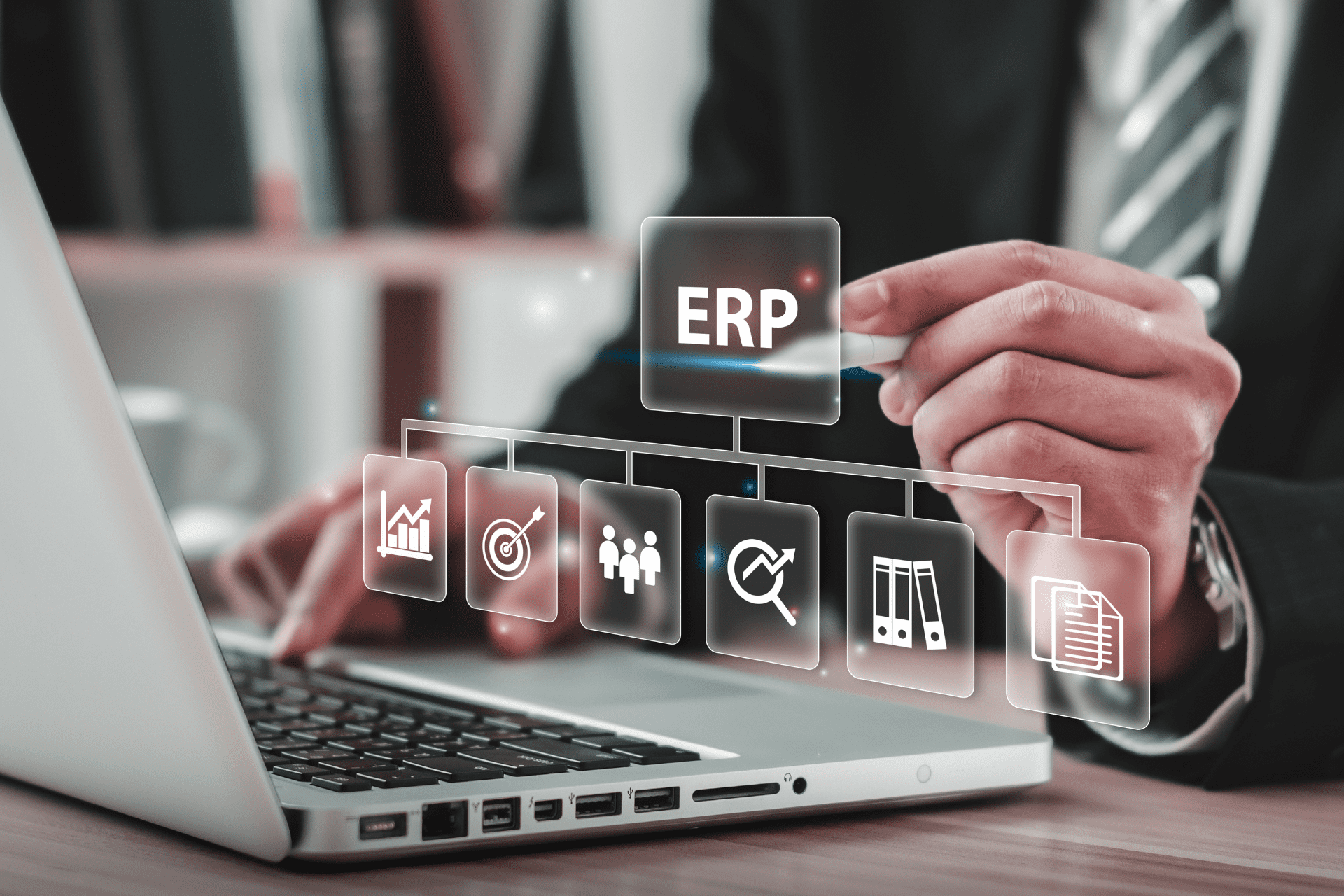Share
Read also

Trends & Views
Digital Transformation Trends for 2026

Trends & Views
The New CRM Trends for 2026

Business Software
ERP Trends for the New Year

Trends & Views
Digital Transformation and AI in the Workplace?
The success or failure of any business is directly related to its employees, and the same obviously applies to implementing a solution such as ERP, which is specially designed so as to effectively execute a variety of tasks, processes and other activities. But, how does such a solution affect productivity?
Speed
For end users, very little things are more important than the expedient processing of their daily tasks through the ERP system. Any solution that promotes speed is certain to be widely adopted and used. Speed, though, is also related to information, since end users want the right data whenever they need it. The same stands for power users that need to have everything they need displayed directly on their computer screen, with no delays.
Ease of use
It is not a random fact that experienced users can even remember how many times they need to press <Enter> in order to move past unrelated data fields and get to the one they need. This is an automated process. When it comes to ERP, ease of use is an inherent system trait, since one of the most important features any ERP solution offers is that of display configuration. For example, you can choose to have data fields auto-populated with default values or even entirely removed, thus enabling users to move to the next relevant field with a single key press.
Improved communication
With integrated reporting tools and workflow alerts, modern ERP systems can guarantee direct and precise communication whenever any issue arises and priorities are shifted. Your ERP system can immediately notify all involved parties of any changes, so as to help the relevant teams coordinate their projects.
Enhanced working experience
In today’s business environment, employees have grown used to automation and having an advanced ERP system can help them, as well as your business, by creating a working environment that is both friendly and highly functional. In that way, you can not only gain your employees’ loyalty, but also attract the best resources available in the market, whenever you need them.
Quicker decisions
Without an ERP system to support them, your employees will have to rely on assumptions or incomplete data when making certain decisions. This is not only time-consuming, but it can also have negative effects. In order to effectively fulfill their role, employees must spend valuable time preparing and updating spreadsheets, when an ERP system offers real-time information with just a few clicks. The result is reflected on the decisions made, the time wasted and the profitability of your business.







